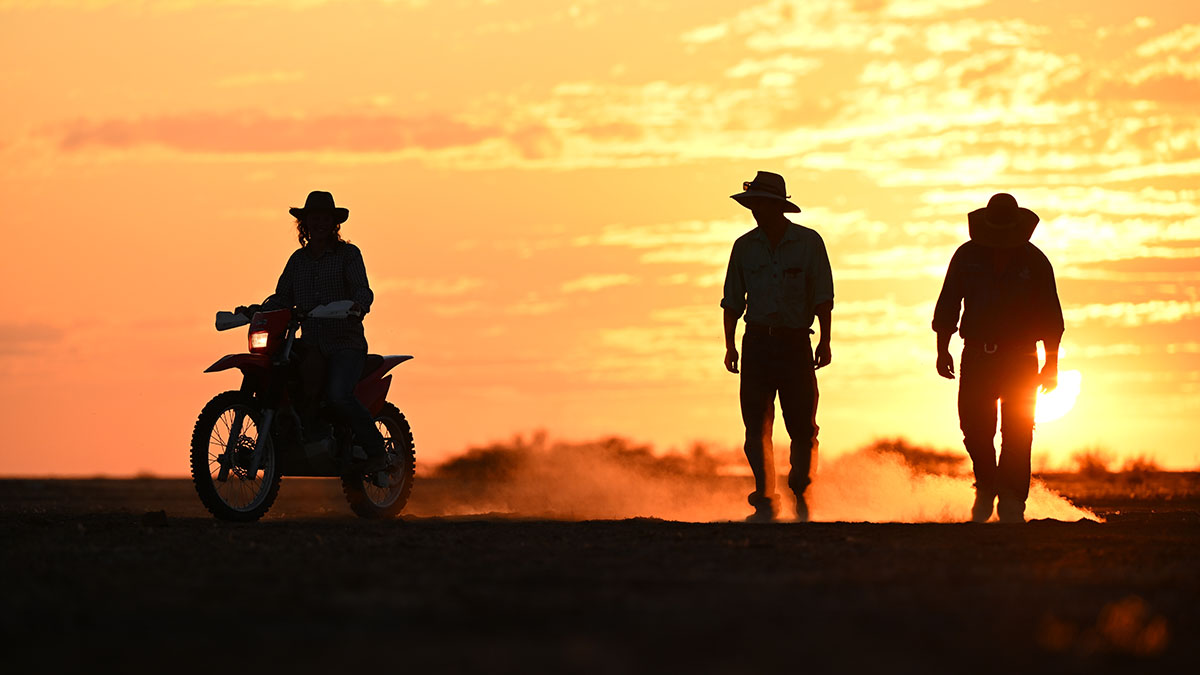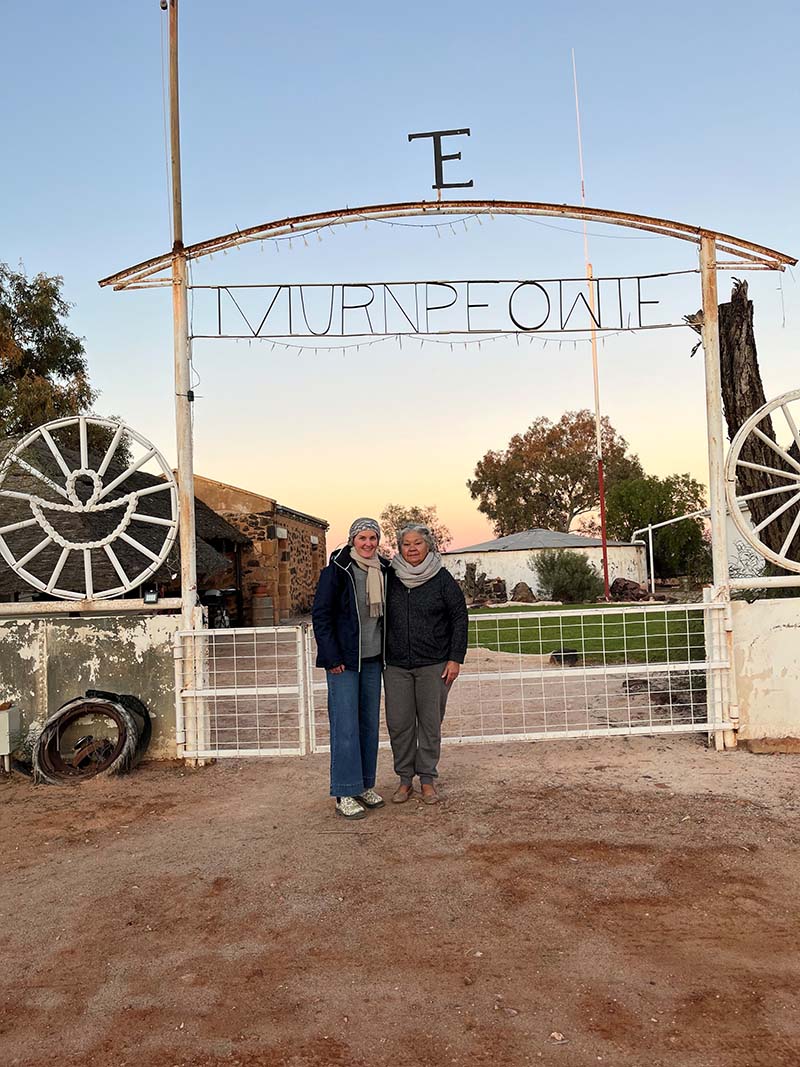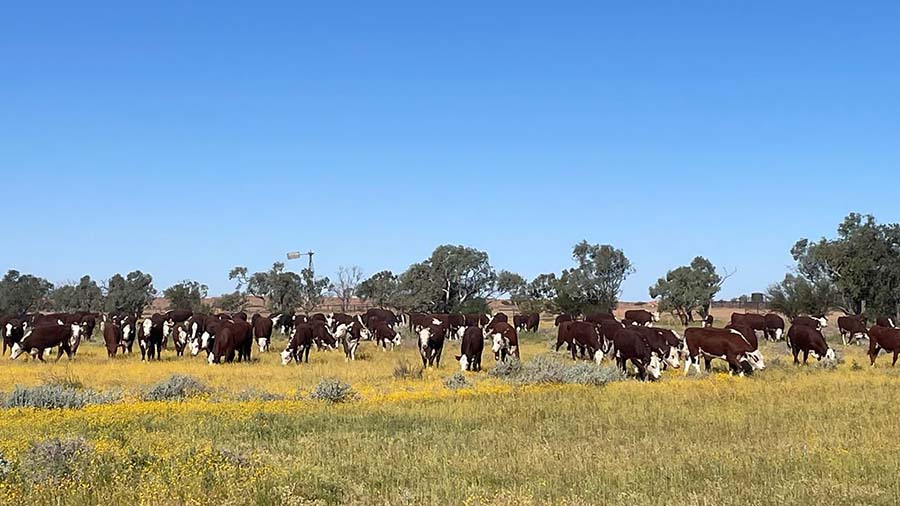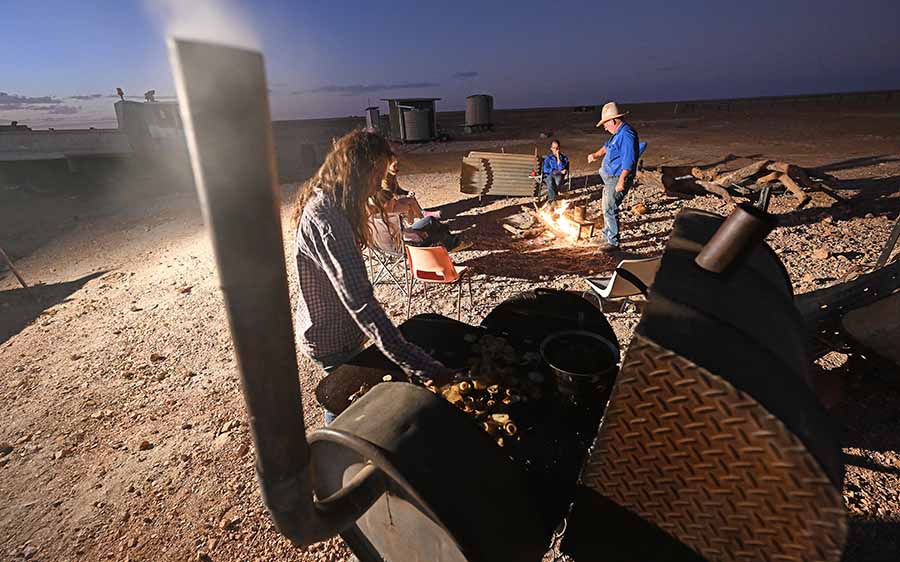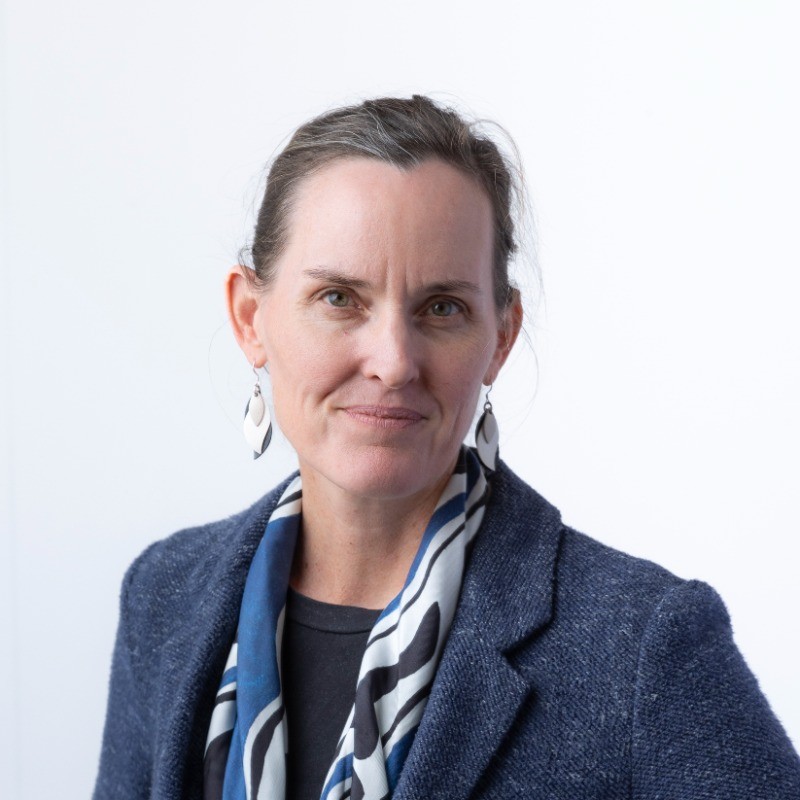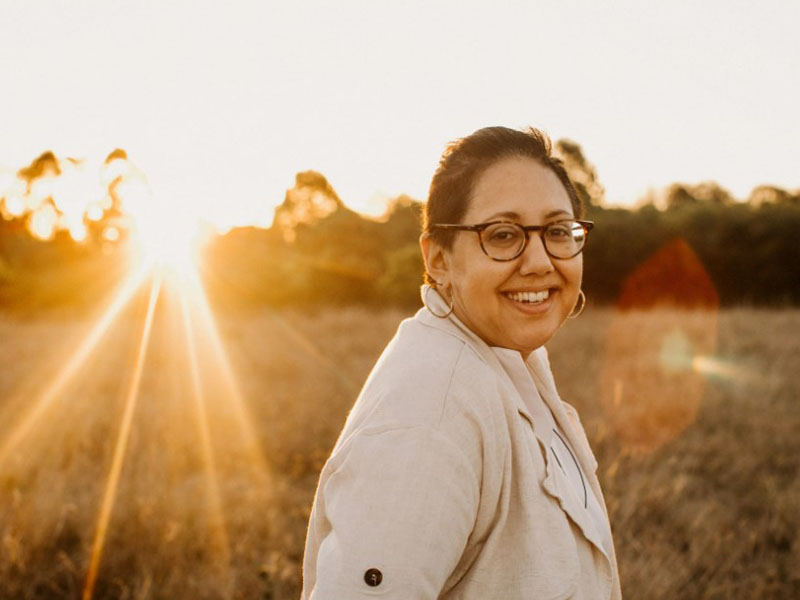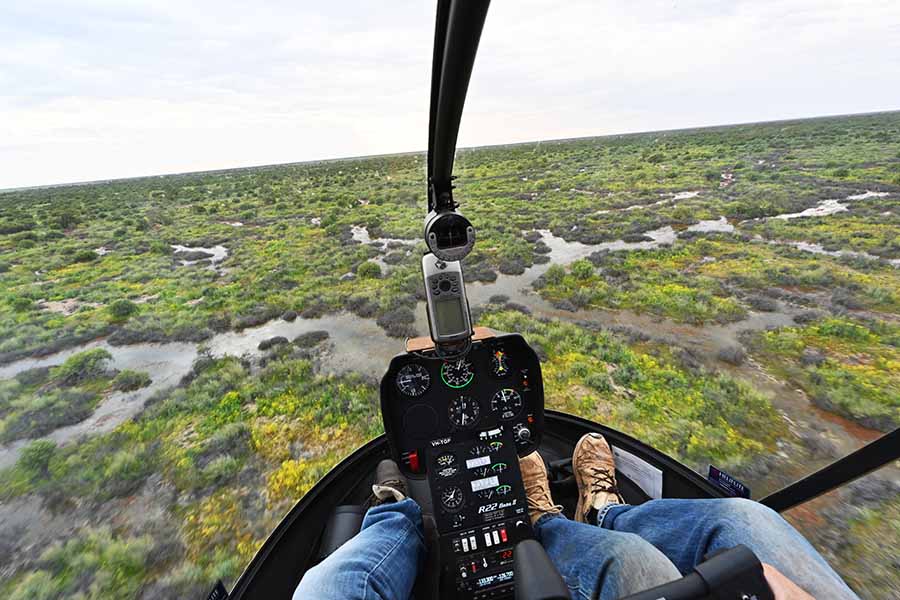 Channel Country - Adria Downs Station
Channel Country - Adria Downs Station
While Dalene says finding and using a RAP to start their journey was invaluable, throughout the chaos of COVID-19, they found the endorsement and accreditation process challenging to maintain. She sees it now as the first step in their journey, a great framework to help show them some of the things that can be incorporated into their business, but not the only thing they can do.
'The first RAP was quite a useful template for us to start our journey,' Dalene says. 'A RAP is perhaps a step in the right direction, but it's definitely not [the be-all and end-all].'
'Indigenous reconciliation can take many forms. It can be a commitment to hire a certain percentage of Indigenous stakeholders, it can be caring for Country, or it can be in every meeting you do an acknowledgment of Country.' Dalene says. 'It's quite nuanced; it's not just "have a RAP and do what the RAP says."'
Following the pillars of reconciliation - Reflect, Innovate, Stretch and Elevate - Dalene uses her influence and position to promote the voices of Traditional Owners and people from culturally and linguistically diverse backgrounds.
'Sometimes we don't get the very best outcomes we could have because we didn't hear the voice of diverse stakeholders.'
She says there are some relatively simple things she now does as a regular practice, such as always asking journalists who've contacted her whether they've also reached out to a person of colour for their perspective on the issue, especially if it's a story related to reconciliation. By helping put journalists in touch with the appropriate talent, she hopes to increase the diversity of voices heard in the media, elevating voices that are often left out of the conversation.
There are other rooms Dalene feels people of colour are left out of as well, and she makes an effort to invite people from all backgrounds to the type of events only board members are regularly privy to. 'In agriculture, we often have mostly males sitting around the board tables. They got there for a reason, but sometimes we don't get the very best outcomes we could have because we didn't hear the voice of diverse stakeholders.'
'You don't have to spend more money; you don't have to employ more people to get Indigenous reconciliation; you just have to think a bit differently about how we're all better off when we have diverse voices around the table.'
The benefits go both ways, and Dalene believes it's a loss to businesses that miss out on hearing from diverse perspectives. She also believes there's a lack of opportunity for Aboriginal and Torres Strait Islander people to hear from inspirational keynote speakers or hear industry leaders share their stories when they're not invited to those kinds of events. It's a long-term learning process, and Dalene says understanding cultural differences and making allowances is important to ensure the events are accessible.
'You don't have to spend more money; you don't have to employ more people to get Indigenous reconciliation; you just have to think a bit differently.'
Beyond championing diverse voices in the media and at business events, Dalene's found the OBE Organic social media accounts a simple way to share stories as well, providing a reach for groups like the Mithaka Aboriginal Corporation that don't have the same numbers on their own accounts. 'It's their content and their voice, but they're using our platform to reach more people with their story, and that was really exciting,' Dalene says. It's gone both ways, and some of the milestones OBE has celebrated include having Elders deliver talks and workshops for staff and training them in cross-cultural awareness and appreciation.
They also recognised significant dates, themes and events for Aboriginal and Torres Strait Islander peoples and hosted events like screenings of Indigenous films.
To read more of OBE Organic's milestones, check out their 2020 report.

